

7:30 pm IST - 8:45 pm IST
Past Event
Content from the Brookings Institution India Center is now archived. After seven years of an impactful partnership, as of September 11, 2020, Brookings India is now the Centre for Social and Economic Progress, an independent public policy institution based in India.
On June 28, Brookings India, in partnership with the Federation of Indian Chambers of Commerce & Industry (FICCI), hosted a panel discussion to assess the meeting between Prime Minister Narendra Modi and President Donald Trump in Washington D.C. on June 26th and the future of India-U.S. relations. The discussion featured Indrani Bagchi, diplomatic editor of The Times of India, Constantino Xavier, Fellow at Carnegie India, Dr. A Didar Singh, Secretary General of FICCI, and was moderated by Dhruva Jaishankar, Foreign Policy Fellow at Brookings India.

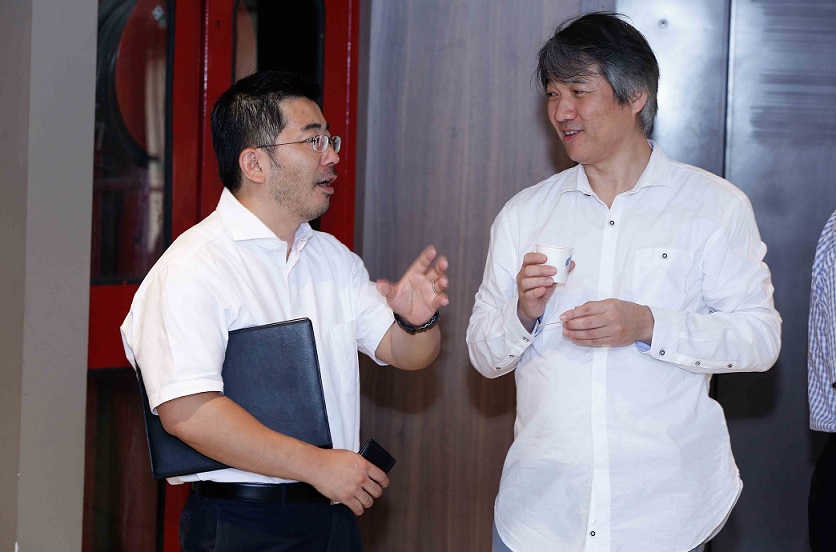
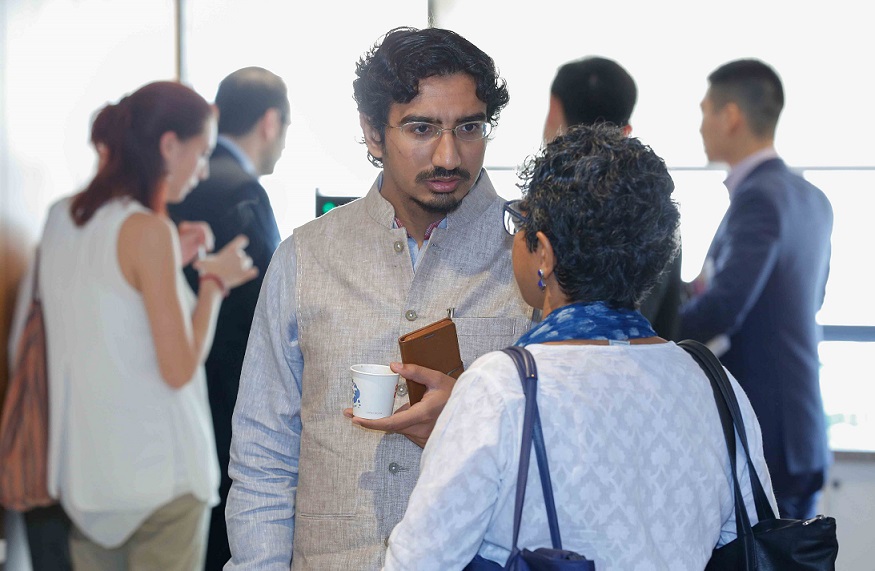
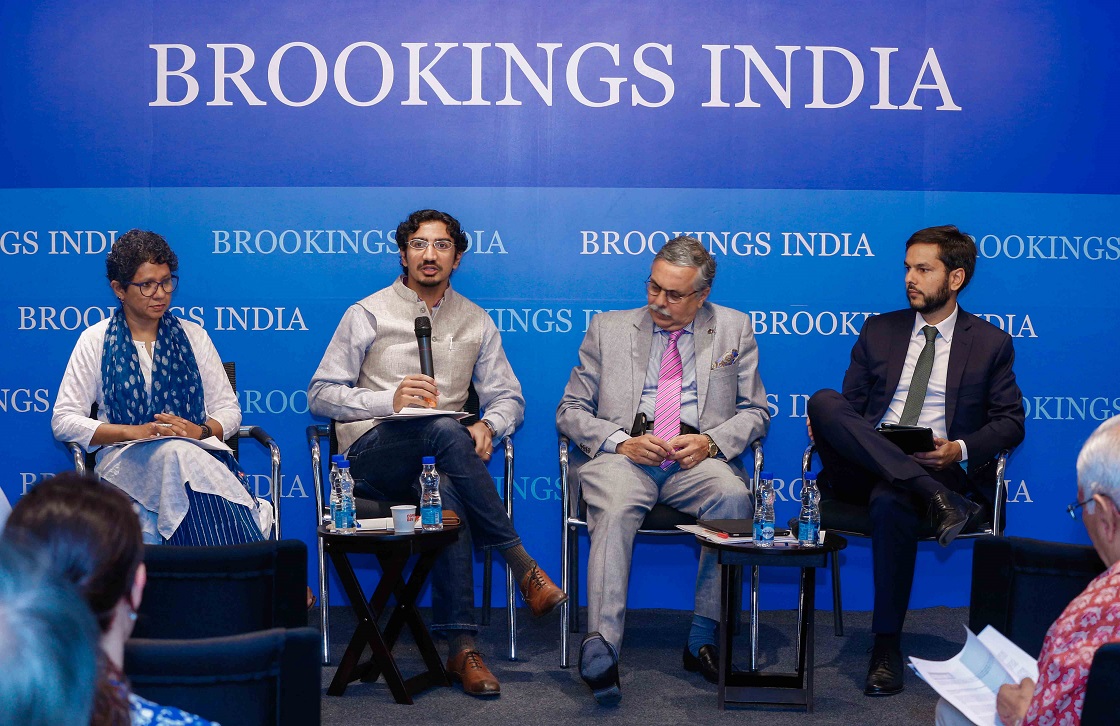
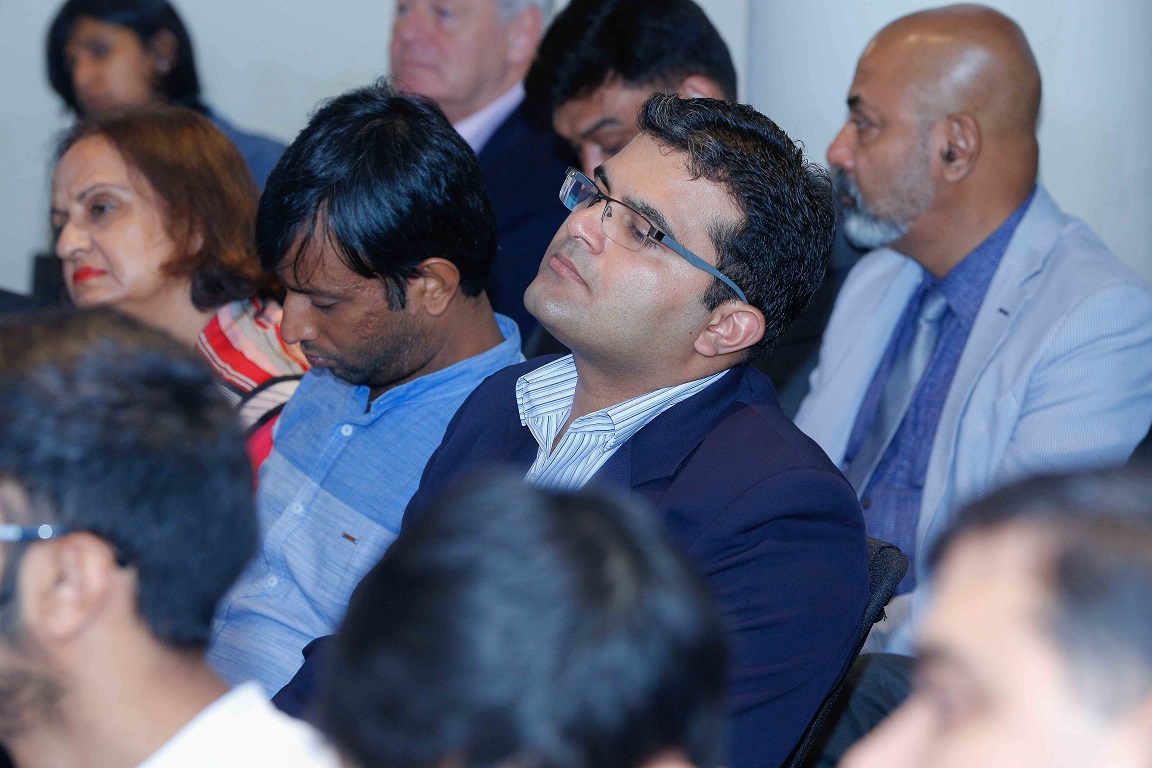
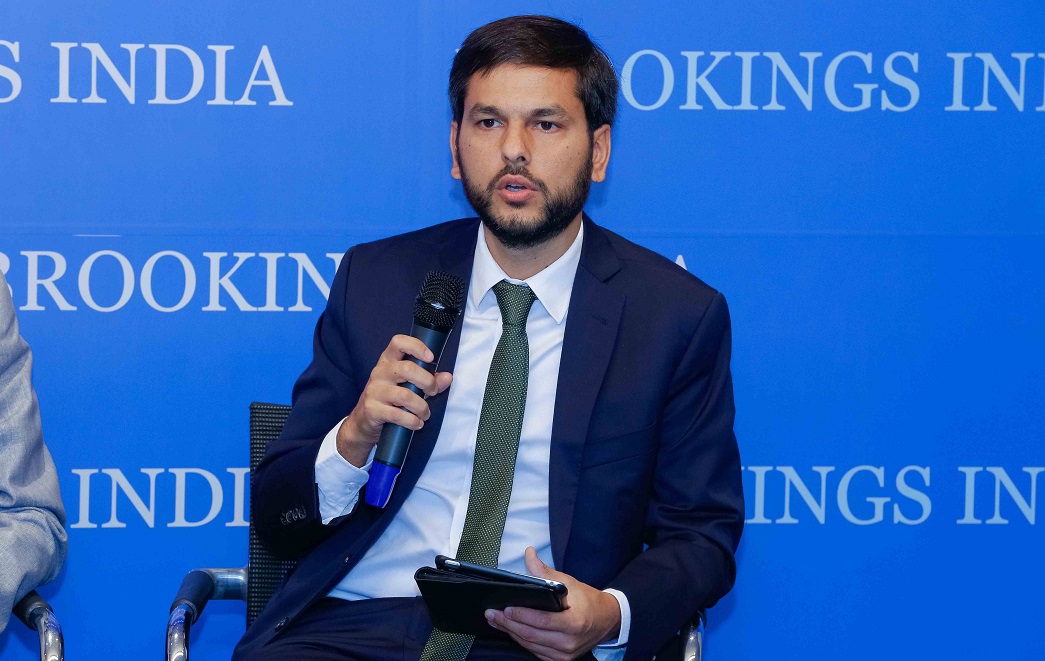
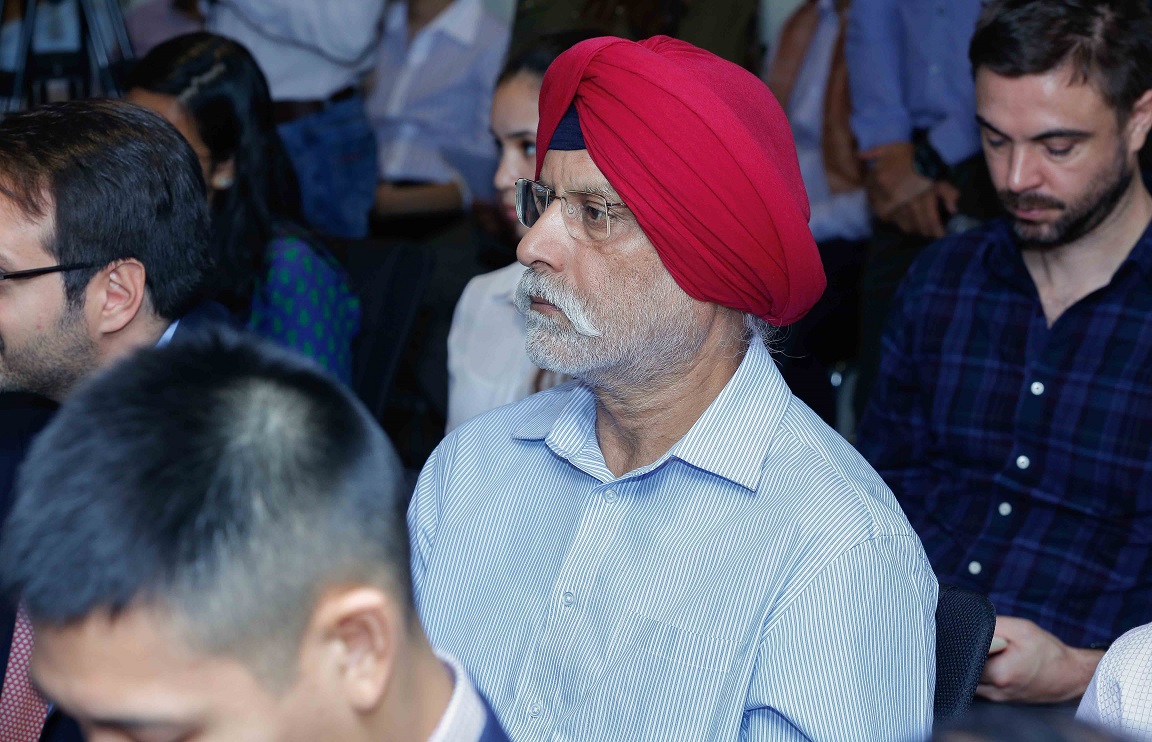
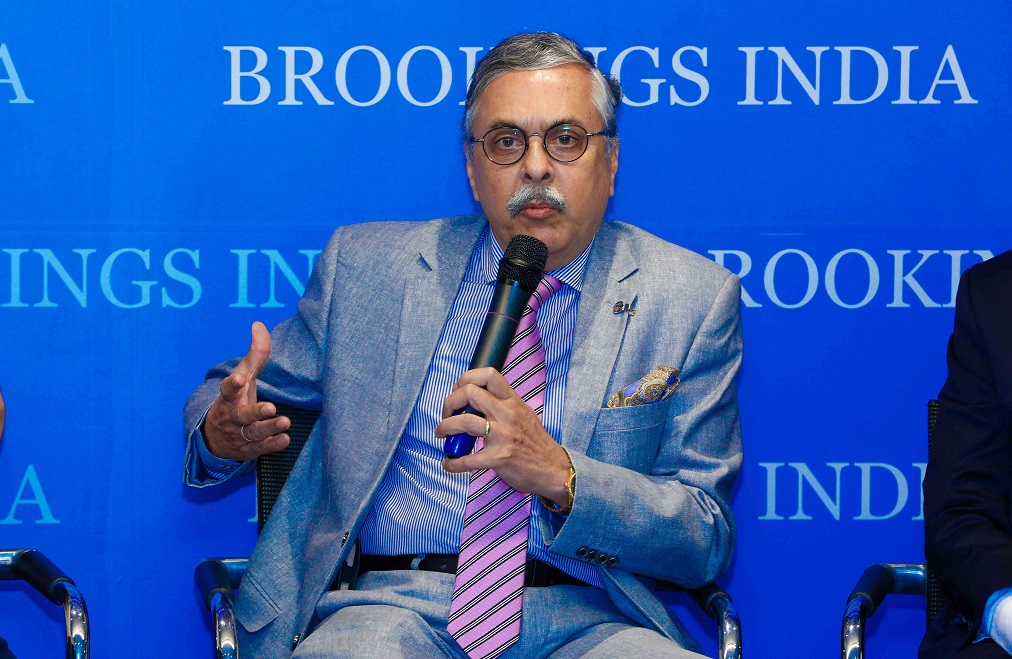
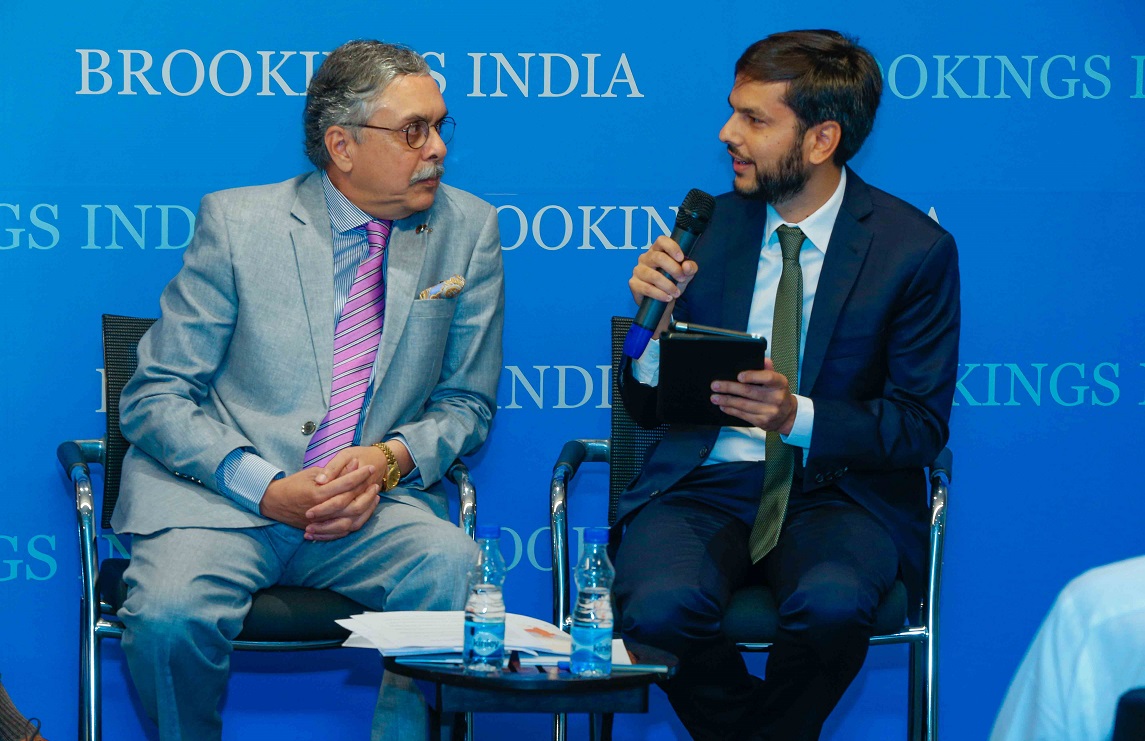
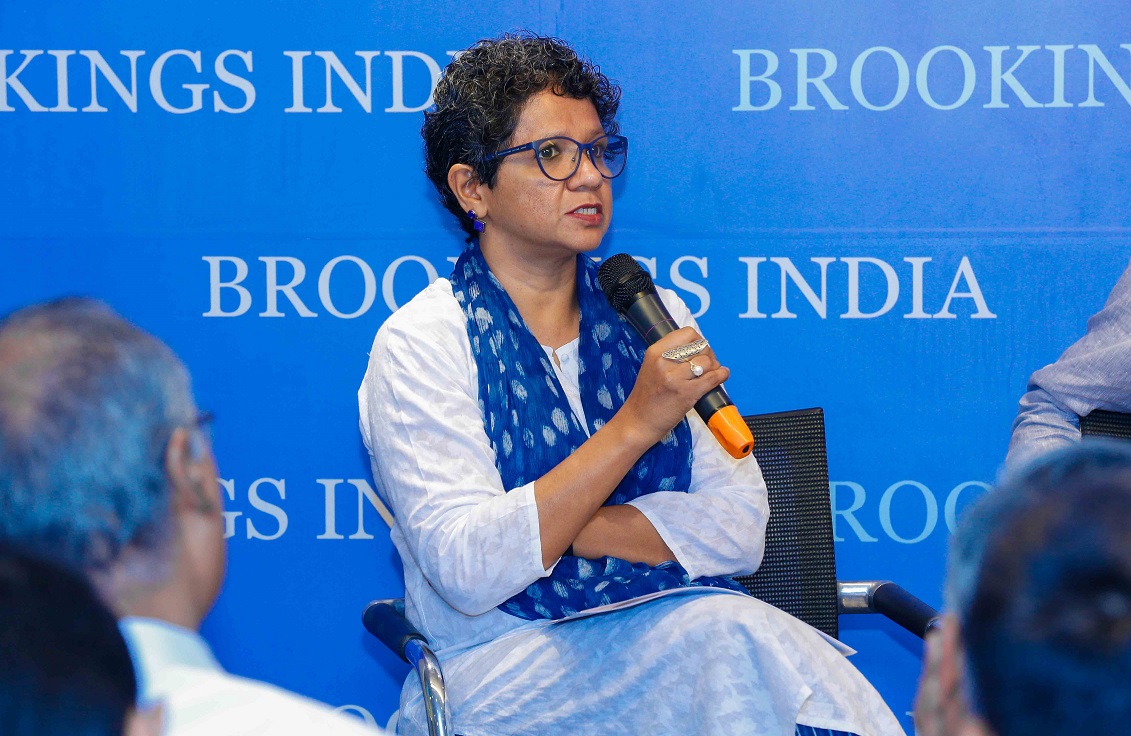
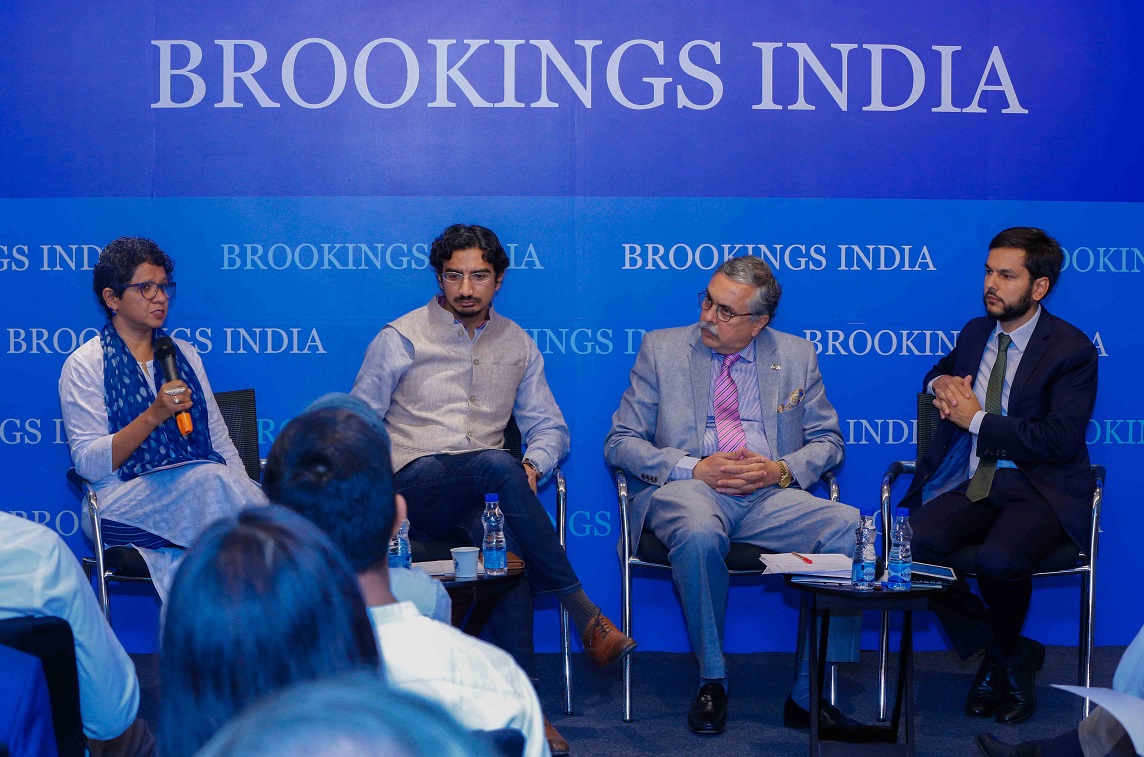
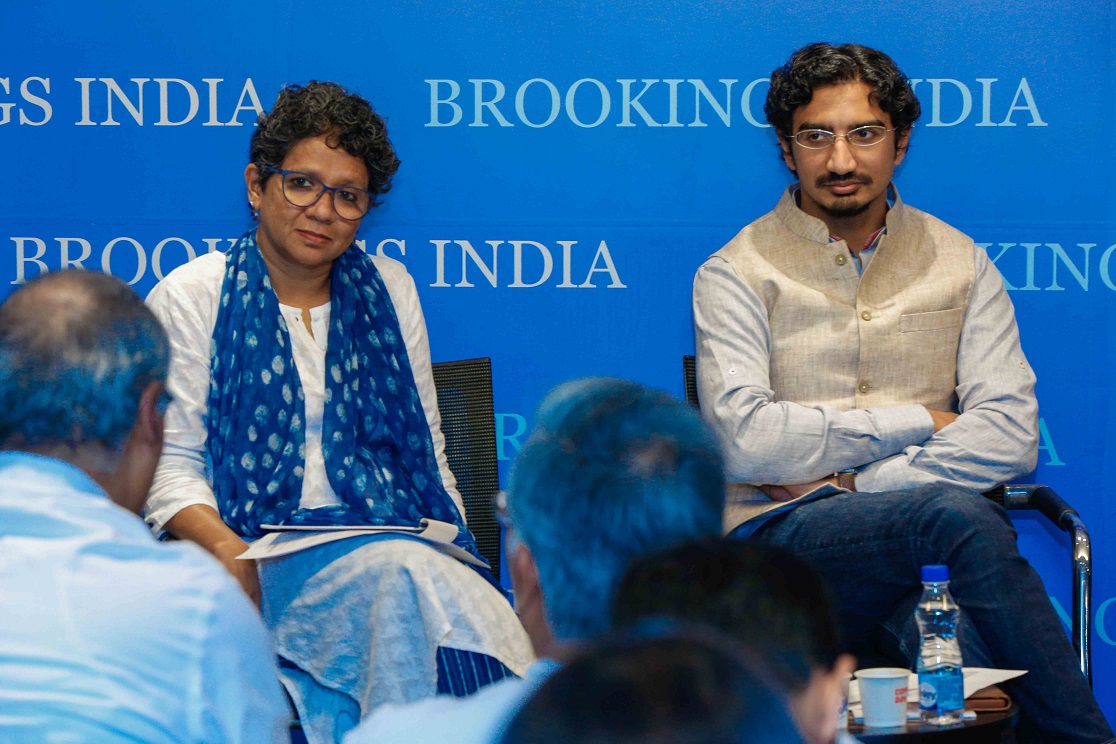
The following summary highlights some key ideas from the discussion:
Event report by Shruti Godbole, Programme Associate, Brookings India.
Tushita Saraf, a Foreign Policy Research Intern, contributed to the writing of this report. The views are of the author(s), discussant(s), panellist(s).
Event Announcement
On 26th June 2017, Indian Prime Minister Narendra Modi and U.S. President Donald Trump met for the first time during Modi’s two-day visit to the United States. On 28th June 2017, Brookings India, in partnership with Federation of Indian Chambers of Commerce & Industry (FICCI), will host a panel discussion that assesses the meeting and the future of India-U.S. relations. The discussion will feature Dr. A Didar Singh, Secretary General of FICCI, Constantino Xavier, Fellow at Carnegie India, and Indrani Bagchi of The Times of India.
The discussion will be on-the-record and open to the media. All participants are requested to register their attendance with Shruti Godbole at [email protected].

Joshua T. White
May 14, 2025

Tanvi Madan
May 12, 2025

Aleksandr Kuzmenchuk, Constantino Xavier
March 12, 2025